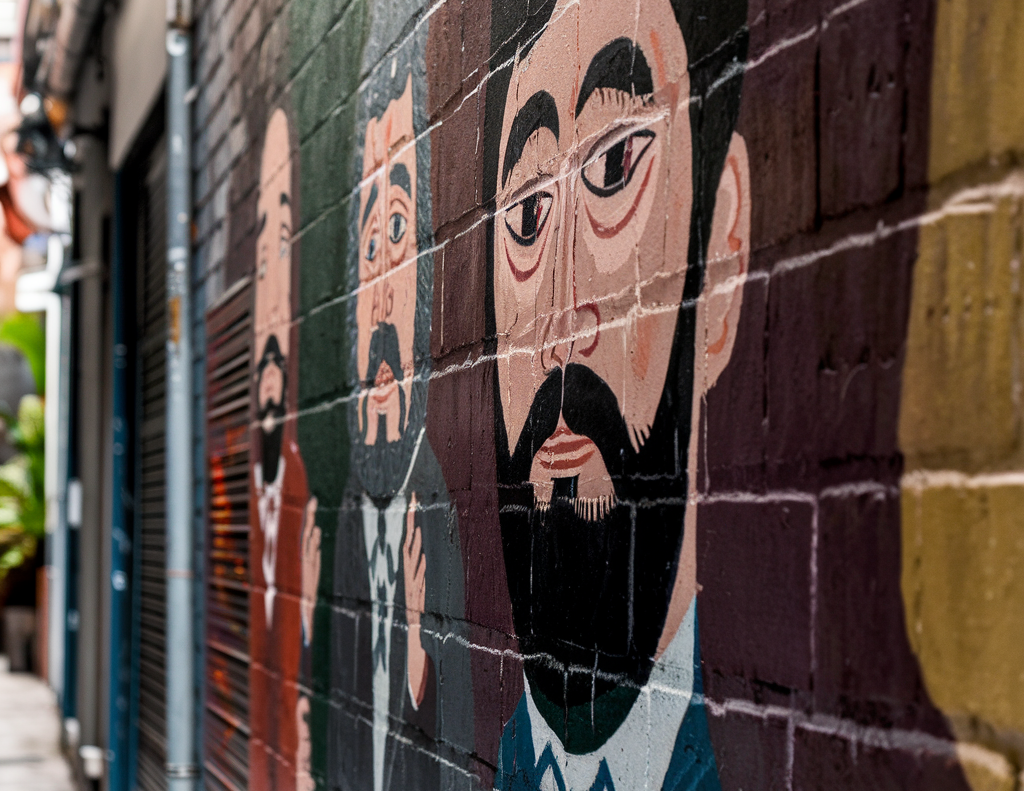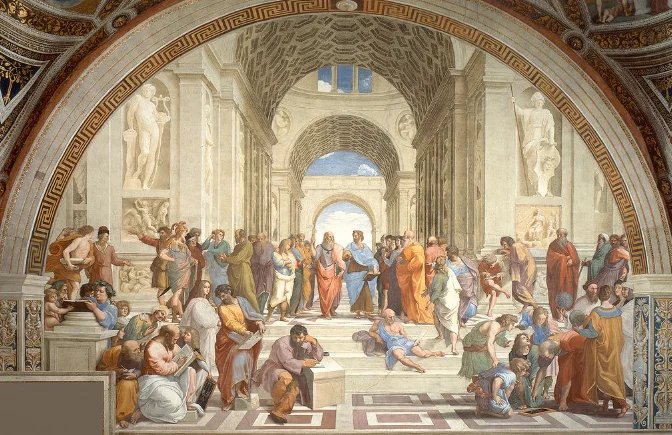Introduction
The term Ciulioneros inspires an unmistakable social legacy molded by a past filled with craftsmanship, local area, and shared customs. Starting in affectionate networks, Ciulioneros culture is known for its profound regard for nature, its extraordinary fine arts, and its way of life established in joint effort and local area values. Over the ages, this culture has advanced, safeguarding its character while adjusting to modern influences, making it both interesting and strong.
This comprehensive guide gives a top-to-bottom investigation of Ciulioneros, from authentic beginnings to social qualities, imaginative articulations, and their pertinence today. We’ll likewise investigate how Ciulioneros customs adjust to the current day, influencing diverse networks all around the world. This article incorporates supportive tables, central issues, and projectile records to guarantee clearness and simplicity of understanding.
Understanding the Origins of the Ciulioneros
Early Settlements and Development
The Ciulioneros trace their origins back to a particular region that provided them with abundant natural resources. These resources supported agricultural development, allowing the tribe to settle and build sustainable communities. Their early settlements were strategically placed near water sources and fertile lands, which helped in the cultivation of crops.
The Role of Agriculture in Their Society
Agriculture was the backbone of Ciulionero society. The tribe cultivated a variety of crops, utilizing ancient agricultural techniques passed down through generations. This self-sufficiency allowed the Ciulioneros to thrive, with surplus crops being traded with neighboring tribes, which helped form strong trade networks.
The Spiritual and Cultural Foundations of the Ciulioneros
The spirituality of the Ciulioneros was rooted in their connection to nature. Their religious practices were deeply intertwined with the environment around them. They believed in spirits and deities that governed the land, water, and sky, and these beliefs were reflected in their rituals, ceremonies, and daily life. This strong spiritual foundation laid the groundwork for many of their cultural practices.
Significance of Ciulioneros
They began in little communities, basically among artisans and merchants who created one-of-a-kind social articulations to portray their lives and encounters. These individuals formed a distinctive personality, consolidating shared customs, imaginative portrayals, and a profound association with the environment.
Key Milestones in the History of Ciulioneros:
- Early Starting Points Their way of life arose in an exchange local area, at first zeroing in on craftsmanship.
- Social Coordination Over hundreds of years, neighboring cultures impacted Ciulioneros craftsmanship, language, and ceremonies, prompting a rich mix of customs.
- Protection Through Oral Custom Stories, values, and history were passed down orally, making areas of strength for personality and progression.
Today, Ciulioneros culture remains a demonstration of the getting through nature of local area and customs. The historical backdrop of Ciulioneros illustrates how communities adapt and develop while protecting their center personality.

The Rich Culture of the Ciulioneros
Art and Craftsmanship
The Ciulioneros are known for their intricate and symbolic art. Their craftsmanship, seen in textiles, pottery, and body adornments, is not only aesthetically pleasing but also tells the stories of their ancestors and their spiritual beliefs. These works of art serve as visual history and a way for future generations to connect with the past.
Language and Oral Tradition
Language plays a significant role in maintaining the identity of the Ciulioneros. Much of their history, mythology, and teachings have been passed down orally. Storytelling is a vital tradition within the community, allowing the younger generation to learn about their history, morals, and cultural values from the elders.
Festivals and Rituals
Festivals are an essential part of Ciulionero life. These celebrations mark significant events such as harvests, religious observances, and seasonal changes. Rituals and ceremonies are often elaborate and are intended to honor the spirits, express gratitude for the land, and unite the community in collective joy.
The Importance of Storytelling
Storytelling is not only a method of education but also a form of entertainment and spiritual reflection. Elders pass down the history and wisdom of the tribe through engaging tales that include moral lessons, historical events, and mythological figures. This tradition helps preserve the tribe’s legacy while reinforcing its values.
Music and Dance
Music and dance are integral to the Ciulioneros’ cultural expression. Their songs often narrate important historical events, spiritual beliefs, and everyday life, while dances are used in ceremonies to honor deities and celebrate victories. These artistic forms help bind the community together and serve as a reminder of their shared identity.
The Social Structure and Leadership of the Ciulioneros
The Role of Elders
Elders hold a significant position in Ciulionero society. As the keepers of knowledge, they are responsible for making important decisions and guiding the community in times of crisis. Their wisdom and experience are highly valued, and their advice is often sought after in both social and spiritual matters.
The Influence of Women
Women play a crucial role in Ciulionero leadership and governance. While men are typically warriors or hunters, women serve as community leaders, spiritual guides, and custodians of cultural knowledge. Their influence is felt in all aspects of Ciulionero’s life, from nurturing the young to overseeing religious ceremonies.
Family Dynamics and Social Cohesion
The family is the cornerstone of Ciulionero society. Extended families live together in close-knit communities, sharing resources and responsibilities. This communal lifestyle fosters a strong sense of unity and collective responsibility, ensuring the tribe’s survival and strength. Social cohesion is maintained through shared rituals and community support.
Community Celebrations
In Ciulionero culture, community events such as feasts, celebrations, and collective farming are vital for maintaining social harmony. These occasions provide opportunities for the tribe to come together, celebrate milestones, and renew their commitment to their traditions. Shared responsibilities are central to the tribe’s social structure, where everyone contributes to the greater good.
The Challenges and Triumphs of the Ciulioneros in the Modern World
Globalization’s Impact on Ciulionero Culture
Globalization has led to increased exposure to foreign cultures, products, and practices. While this has brought both positive and negative effects, many Ciulioneros have found ways to integrate modern elements into their traditional way of life. However, the challenge remains to protect their cultural practices from being diluted by outside influences.
Environmental Challenges and Impacts
Environmental issues, such as deforestation, water scarcity, and climate change, have had a significant impact on the Ciulioneros’ way of life. These challenges threaten the natural resources that are vital for their survival. The tribe has had to adapt by finding sustainable practices that help protect the land they depend on.
Ciulionero Rights Advocacy
The Ciulioneros have faced political struggles, particularly regarding land rights and recognition. As modern society encroaches on their territories, the tribe has had to fight for legal recognition and the protection of their ancestral lands. Advocacy for the rights of indigenous peoples is crucial in securing their future.
Tech’s Role in Ciulionero Traditions
While technology has posed a challenge to traditional ways of life, it also offers opportunities for the Ciulioneros to document and share their culture with the world. Digital platforms, social media, and online archives help preserve Ciulionero’s history and traditions, ensuring their legacy continues to reach global audiences.
Ciulioneros in Modern Society
In the face of globalization and modernization, the Ciulioneros continue to adapt. They have embraced certain aspects of modern life, such as education and healthcare while striving to maintain their cultural identity. This balance allows them to thrive in the modern world while preserving their heritage.
Conclusion
The Ciulioneros are a remarkable tribe whose enduring history and rich culture are testaments to their strength and resilience. Despite the challenges they face in the modern world, they continue to adapt and thrive, ensuring the survival of their traditions for generations to come. Understanding the Ciulioneros offers valuable lessons on cultural preservation, resilience, and the importance of community.


